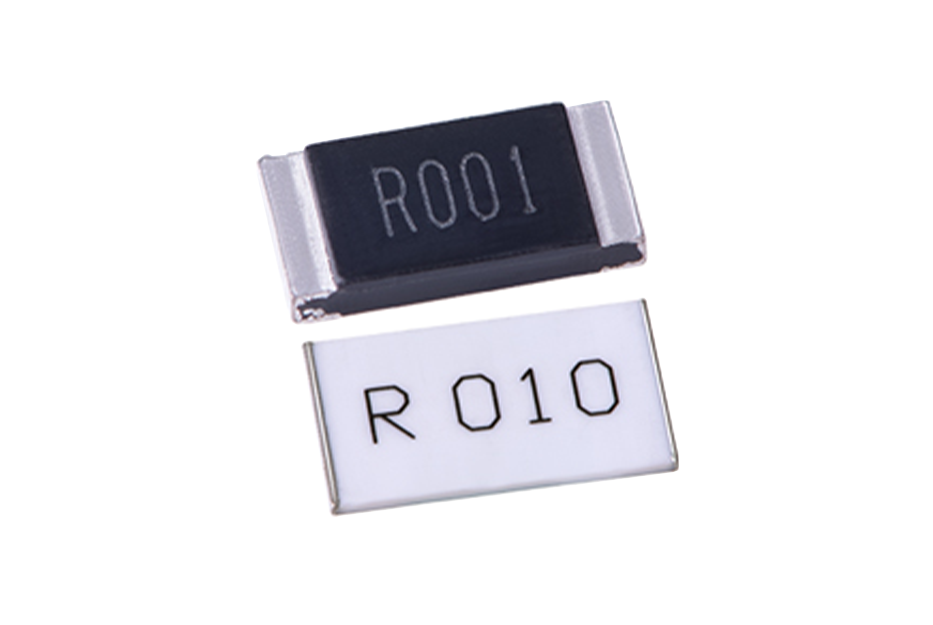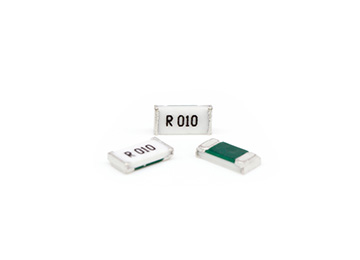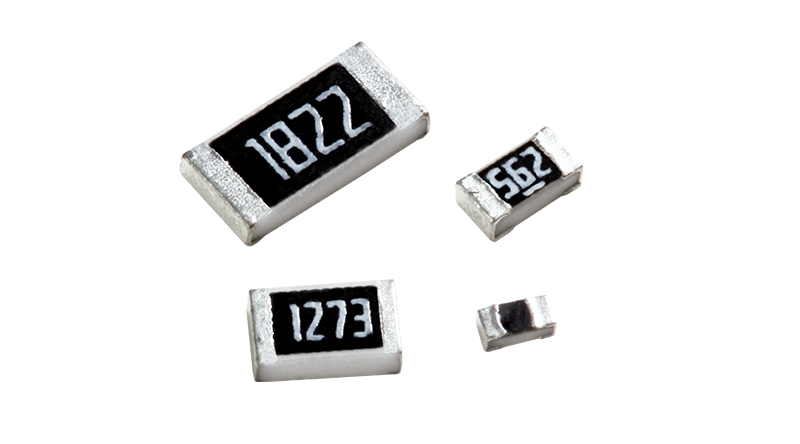Alloy resistance is usually composed of metal alloys or metal thin films, and the following are common alloy resistance materials:
Nickel chromium alloy (NiCr): This is the most common alloy resistance material, characterized by high precision, stability, and high temperature resistance. Commonly used in metal film resistors and metal strip resistors.
Nickel copper alloy (CrCu): This alloy has a high resistance temperature coefficient and is commonly used for metal film resistance and metal strip resistance.
Copper manganese alloy (CuMn): This alloy has a lower temperature coefficient of resistance and is commonly used for metal strip resistance.
Iron chromium alloy (FeCr): This alloy has a high resistance temperature coefficient and low temperature drift. Commonly used in metal film resistors and metal strip resistors.
hnstshop.com/product-list/R09-p1-l10.html" target="_blank">
Chromium aluminum alloy (CrAl): This alloy has a high resistance temperature coefficient and low temperature drift. Commonly used in metal film resistors and metal strip resistors.
Silicon carbide (SiC): This is the main material for carbon film resistors, with lower costs and a higher operating temperature range.
These alloy materials play different roles in alloy resistance to provide the required resistance values, accuracy, stability, and other characteristics. When selecting suitable alloy materials, it is necessary to consider the application requirements and performance requirements.


